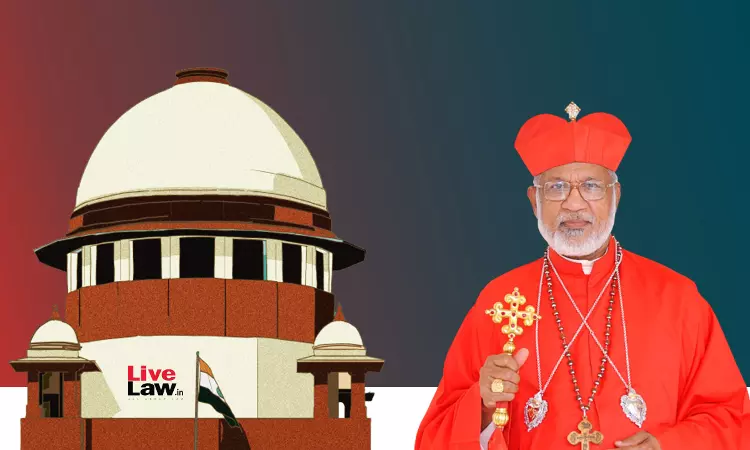Supreme Court Dismisses Cardinal George Alencherry's Plea To Quash Criminal Cases Over Land Scam
LIVELAW NEWS NETWORK
17 March 2023 10:43 AM IST

Next Story
17 March 2023 10:43 AM IST
In a set back to Cardinal George Alencherry, the Major Archbishop of Syro-Malabar Church, the Supreme Court on Friday refused to quash the criminal cases against him over alleged irregularities in the sale of properties belonging to Ernakulam-Angamalay Archdiocese.The Court dismissed the Special Leave Petition filed by George Alencherry against the judgment delivered by the Kerala High Court...
